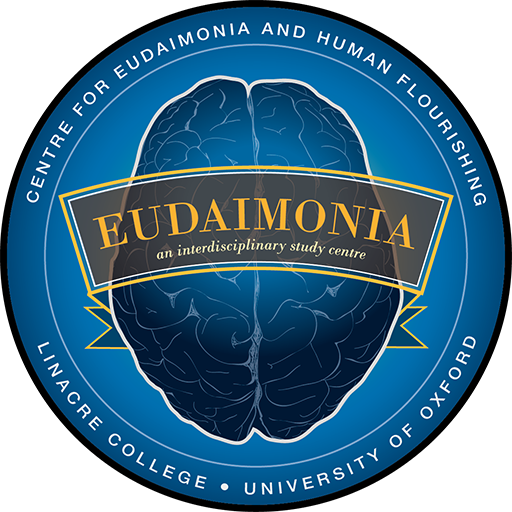October Migrations
… communing with Oxford students, wild horses and Canadian geese

In search of pleasure and meaning in the brain
Professor Morten L Kringelbach is the founding director of the Centre based at Linacre College, University of Oxford, which undertakes interdisciplinary research into Human Flourishing, Eudaimonia and the Life Well-Lived with a special focus on human brain dynamics through its link with the Department of Psychiatry, University of Oxford and Center for Music in the Brain, Aarhus University, Denmark.
The Centre convenes and fosters an interdisciplinary team of neuroscientists, philosophers, psychologists, social scientists, physicists, biologists, anthropologists, and artists. The collaborative goal is to clarify underlying psychological, cultural and philosophical issues and connect these discussions to contemporary investigation of the neural mechanisms of emotional and cognitive states. The research teams use philosophical, anthropological and psychological analyses as well as precise neuroscientific paradigms in collaboration with international partners.
… full list
… Dynamics of drug induced neuromodulations: Neuroadaptations and change in cognition – Prof Jan Ramaekers
… Listening volunteer for the Samaritans – Mark Haddon
… Interdisciplinary perspectives – Prof Kira Vibe Jespersen
… Psychological mechanisms for human interaction through music – Prof Peter Keller
… A predictive processing account of radical changes in the character of phenomenal experience – Dr Shamil Chandaria
… brain dynamics of encoding and recognising temporal sequences – Dr Leonardo Bonetti